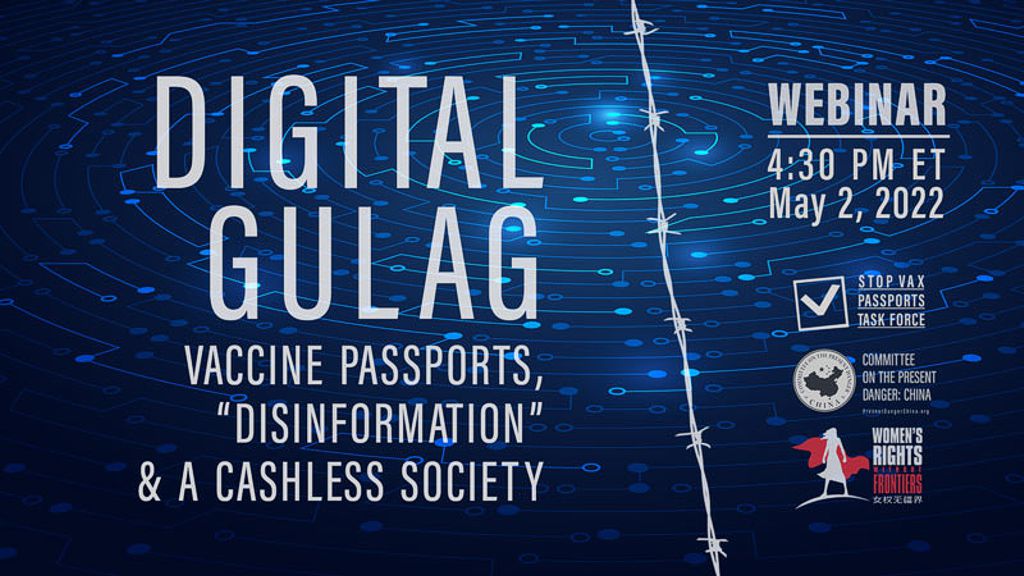
Seeing China’s financial hub Shanghai, home to 25 million, come to a standstill amid more than four weeks of lockdown has made those in Beijing nervous. The capital city has detected growing COVID-19 outbreaks and has rushed to conduct mass testing in a bid to contain the virus.
Almost all 22 million inhabitants in Beijing completed three rounds of testing on April 30. The results may determine whether they will be destined to experience the same fate as those in Shanghai, where fenced-up people have been banging pans on their balconies at night to protest a month-long lockdown.
Shoppers in Beijing have rushed to stock up on food, just in case. Officials have closed schools, without specifying a reopening date, and more venues. Workers have set up blue metal barriers around residential blocks where infections have been recorded. A sign placed outside such a residential complex read, “Entry only. No exit.”
The scenes in Beijing are reminiscent of other Chinese cities battling the fast-moving Omicron variant. As the Chinese regime appears determined to contain the outbreak under its heavy-handed “zero-COVID” policy, lockdowns and mass testing—and the well-documented suffering that it causes—are likely to remain commonplace.
As of April 28, at least 26 cities across the country are currently in partial or full lockdown, covering some 78 million people, according to calculations by The Epoch Times based on notices by local authorities. These cities range from northern Baotou, a major supplier of rare earths, to eastern Yiwu, an export center that produces everything from Christmas trees to presidential campaign merchandise.
Those living in areas not under lockdown still face restrictions. The tech hub Hangzhou is testing its residents every 48 hours. About 12.2 million students and workers must provide proof of negative results if they want to take public transportation and enter schools or offices. Similar measures will be effective in Beijing after May 5, with officials at an April 30 briefing calling it “normalized nucleic acid tests.”
Those living in areas not under lockdown still face restrictions. The tech hub Hangzhou is testing its residents every 48 hours. About 12.2 million students and workers must provide proof of negative results if they want to take public transportation and enter schools or offices. Similar measures will be effective in Beijing after May 5, with officials at an April 30 briefing calling it “normalized nucleic acid tests.”
By Dorothy Li





